The forest institute estate at Dehra Dun
In India forest research and forest education are centralized in one large institution known as the Forest Research Institute and Colleges. This institution stands on 1,100 acres of land four miles west of Dehra Dun at the foot of the Himalayas. The estate, called New Forest, is a detached residential colony in which most of the workers of the Institute live, and it has a school and a hospital. A demonstration forest, an extensive arboretum, and a botanical garden comprise more than half the area of the estate. The branches dealing with forest research proper, the administrative offices, the herbarium, the museums, the Central Library the Convocation Hall and the Indian Forest College for training forest officers are all housed in a vast and imposing main building, while the laboratories, workshops, and pilot plants connected with forest products research occupy a number of separate buildings scattered over the estate. The estate itself enjoys the legal status of a “reserved forest” under the Indian Forest Act and is under the management of the Central Silviculturist.
The grouping of forest research, forest products research, and forest education for both officers and rangers in one central institution is not so much the result of a deliberate plan as of historical growth. The combination of educational and varied research functions, such as are discharged by the Indian Forest Research Institute, is perhaps a unique arrangement. It gives the Institute the character and atmosphere of a Forest University an effect which is sustained and enhanced by the fact that the Institute stands in a small detached township of its own. It has been said that the branches dealing with forest products research; which have expanded enormously in recent years, really make up an institute within an institute. There are undoubtedly many advantages in thus centralizing under one roof all research and educational activities connected with Indian forestry. However, it is probable that if the Government of India were planning the setting up de novo of an institute for forest products research, the location chosen might be a timber-using industrial center, such as Bombay or Calcutta.
Historical Growth and Development
The present Forest Research Institute and Colleges are outgrowths of a Forest School for training rangers and foresters established at Dehra Dun in 1878 by the then local government, the Government of the North-West Provinces. This school was transferred to the Government of India in 1884 and named the Imperial Forest College. The first research post (property so called) to be created was that of Forest Entomologist in 1900. The Forest Research Institute as such came into being in 1906, as an adjunct to the Imperial Forest College and was historically the second of the central research institutes set up by the Government of India, the Indian Agricultural Research Institute having already been started in 1901. The Forest Research Institute started with the following branches: Silviculture, Economics, Botany, Entomology, and Chemistry. The. Economics branch, together with the Chemistry branch, dealt with all aspects of forest products research, while the other branches were (and are) mainly concerned with the biological aspects of forestry. A considerable advance in the organization of the Economics branch was made in 1921-22, when it was expanded to include well-equipped sections of Timber Testing, Wood Working, Wood Preservation, Wood Seasoning, and Paper and Pulp, as well as the service units of Wood Workshops and Mechanical Engineer shops. A section of Wood Technology dealing with the anatomy and identification of Indian timbers was added later.
A point of interest is that for 40 years prior to 1946 the heads of all the research branches have been forest officers drawn from the Indian Forest Service and from different provinces. The only exception is the Chemistry branch, which has always been in charge of a non-service officer. This fact – and the fact that nearly all Indian Forest Service Officers recruited since 1928, all officers of the Provincial Forest Services, and a predominant proportion of Forest Rangers throughout the country were trained at Dehra Dun – has helped to give the Forest Research Institute a position of prestige and importance in relation to the forest departments and forest services of India. It is generally regarded as the mecca of Indian forestry.
The functions of the Forest Research Institute now extend only to India as constituted at the partition in 1947. Previous to that they had extended to what is now India and Pakistan; earlier still they had extended to Burma until that country separated from India in 1937, through Burma still continues to subscribe to and utilize the services of the Institute’s research facilities.
Forestry education
Forest Colleges – Training Courses in Forestry
As has been mentioned, a college for training forest rangers was started at Dehra Dun in 1878. This has continued to function regularly, except for a break of two years in 1933 and 1934, when the need for economy during the then current trade depression caused provinces to suspend recruitment of professional staff. For over 30 years the two-year ranger course was the highest professional forestry training that could be had in India, as direct recruitment to the higher (gazetted) posts was confined to Europeans who had received their training in Germany, France, or England: In 1912, it was decided to open recruitment for the Provincial Gazetted Services to Indians. The Forest Research Institute had expanded considerably since its inception, and moved into new quarters in Chandbagh which were completed in 1914. The development of the Institute made it possible to establish a professional forestry course of a high standard for officers; such a course, known as the Provincial Forestry Course, was started in 1.912. Although of the same duration as the Ranger Course (two years), it was of a higher standard, only graduates in science with a good university record being eligible for it
As a result of a great change in general policy following World War I, the Indian Forest Service was rapidly and progressively Indianized after 1920. The first groups of Indians admitted to that service were trained in British universities. In 1926 it was decided to train probationers for the Indian Forest Service at Dehra Dun. The forests of India had been under professional management for some 50 years and it was believed that the practice and principles of scientific forestry could be adequately demonstrated to the students in Indian forests. The Provincial Forest Service Course was closed, as under the new conditions it was believed that it would no longer be required. The new Indian Forest Service Course was, however, fated to be a short-lived one. In 1932, owing partly to over-recruitment in 1918-22, partly to the world trade slump, and partly to the uncertain political conditions due to the impending reforms, the demand for trained forest officers had shrunk almost to the vanishing point, and the new course was terminated, with the result that for six years there was no advanced forestry training in the country. The Indian Forest College was started in 1938 to train personnel for the gazetted forest services in the provinces and states and has since been working steadily. By this time the former Indian Forest and Provincial Forest Services had been amalgamated into one gazetted service recruited on a provincial basis.
Progressively increasing demands have been made on the capacity of the Indian Forest College since the end of the last war, largely as a result of postwar expansion schemes. These demands were met by doubling the number of classes taken each year in the two colleges, but this could not be done indefinitely without jeopardizing the efficiency of the instruction. Consequently the Government of India decided in 1948 to take over the Madras Forest College at Coimbatore and to run it as a Central Government institution under the auspices of the Forest Research Institute. That college was originally an institution of the Madras Government, designed for training rangers. It has now been expanded and equipped so as to train, like the Colleges at Dehra Dun, 30 forest officers and 70 rangers annually.
Forest Research Institute (FRI), Dehra Dun made a humble beginning as Forest School established in 1878. Initially named as Imperial Forest Research Institute, FRI came into being in 1906. Later renamed as Forest Research Institute and Colleges, with a number of centres located at different places all over the country administering research as well as training of Forest Officers and Forest Rangers. After reorganization of Forestry Research in the country and creation of Indian Council of Forestry Research and Education (ICFRE) in 1988, the training and research centres were given an independent status of institutes. Forest Research Institute, now one of the institutes under ICFRE, was conferred the status of Deemed University in December 1991 on the recommendations of the UGC, Ministry of Human Resource Development, Government of India.



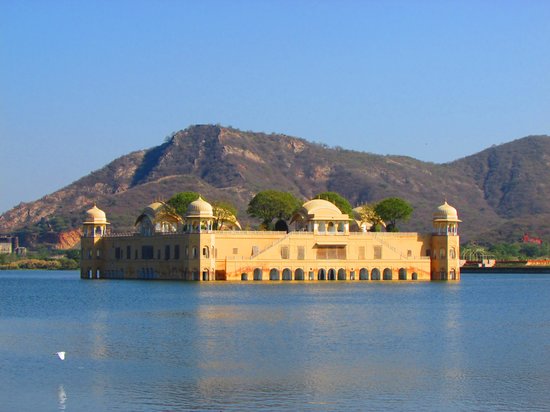
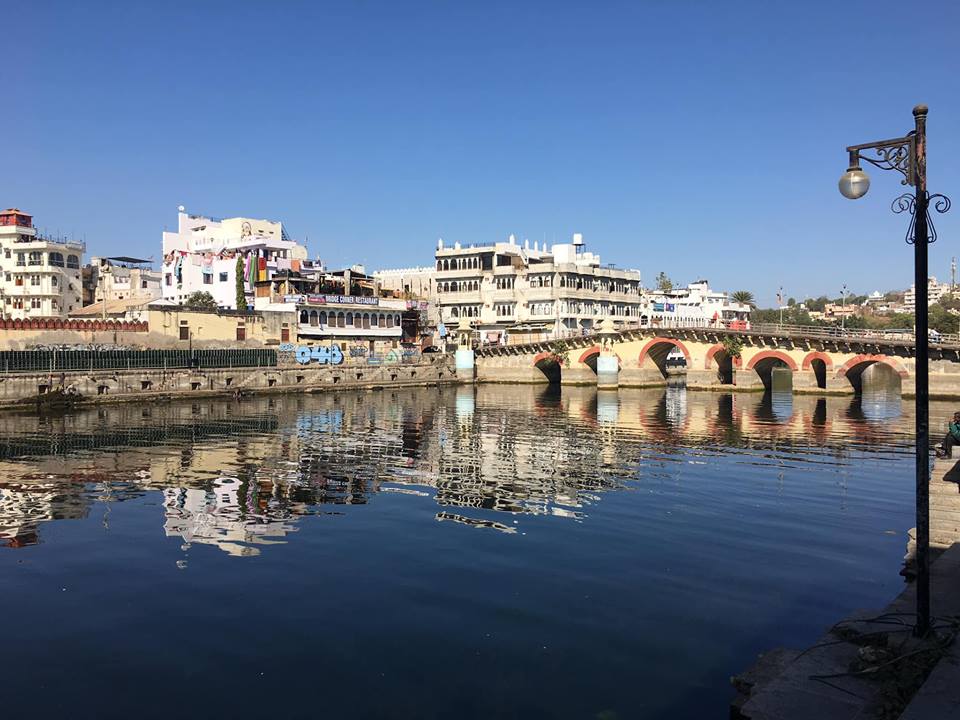
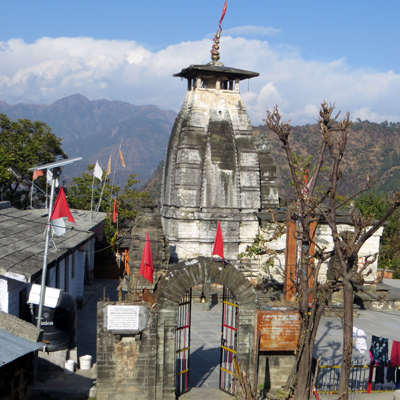

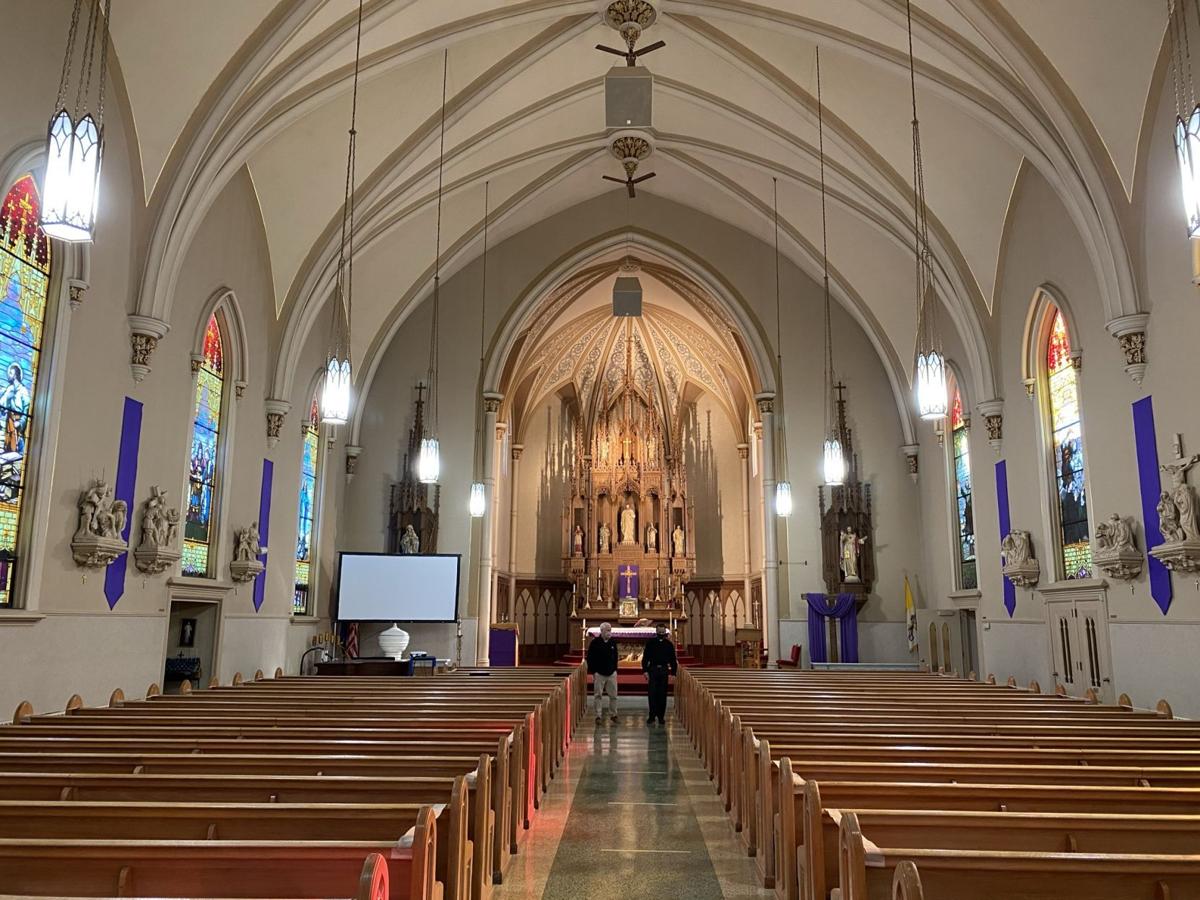
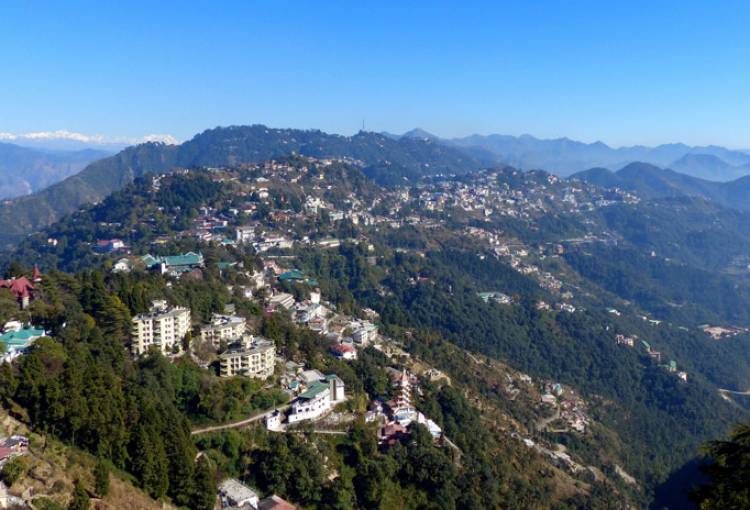
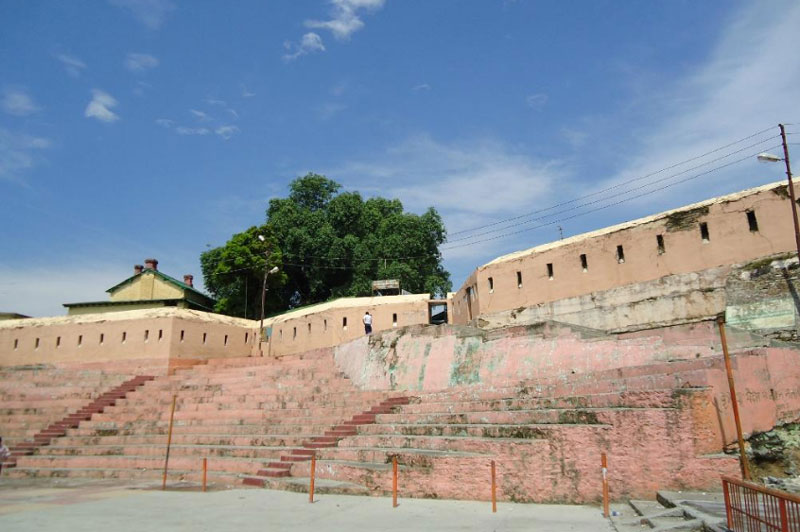


1 Comment
Comments are closed.